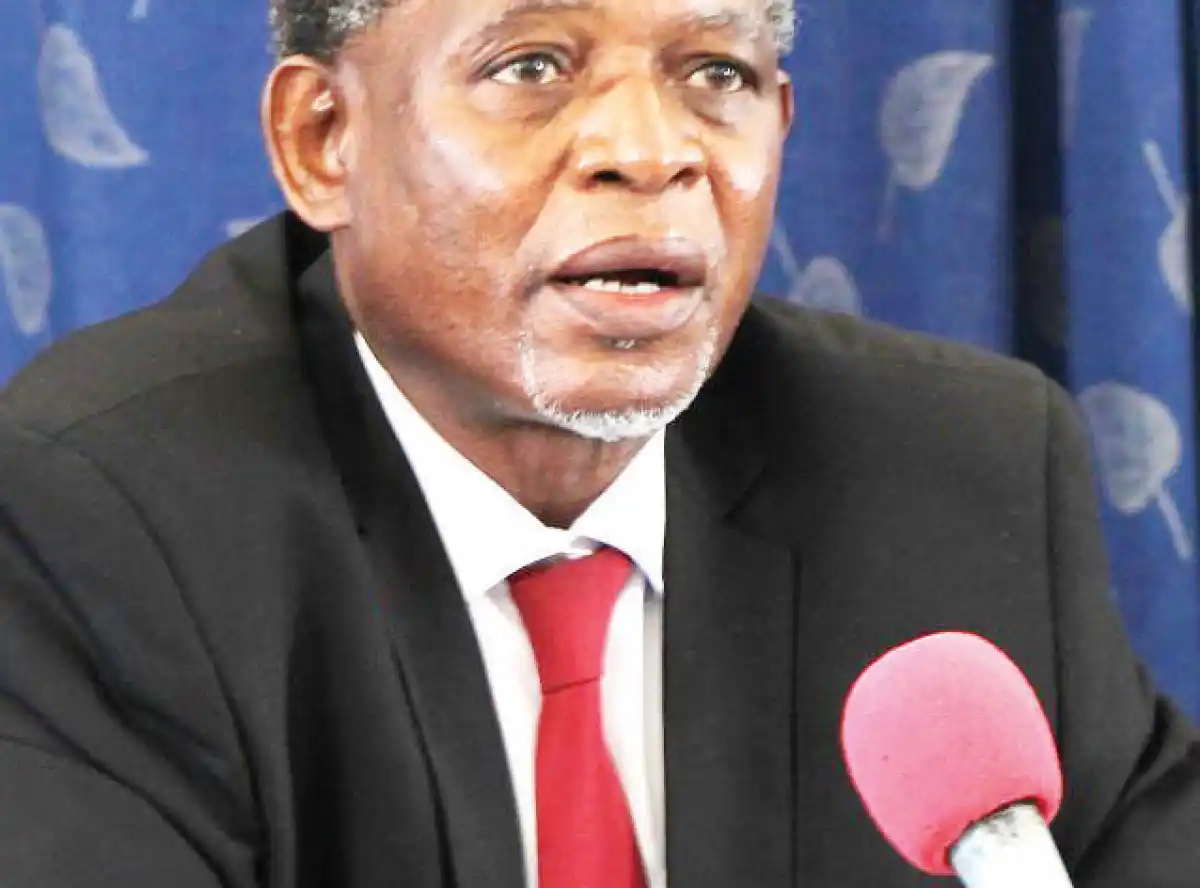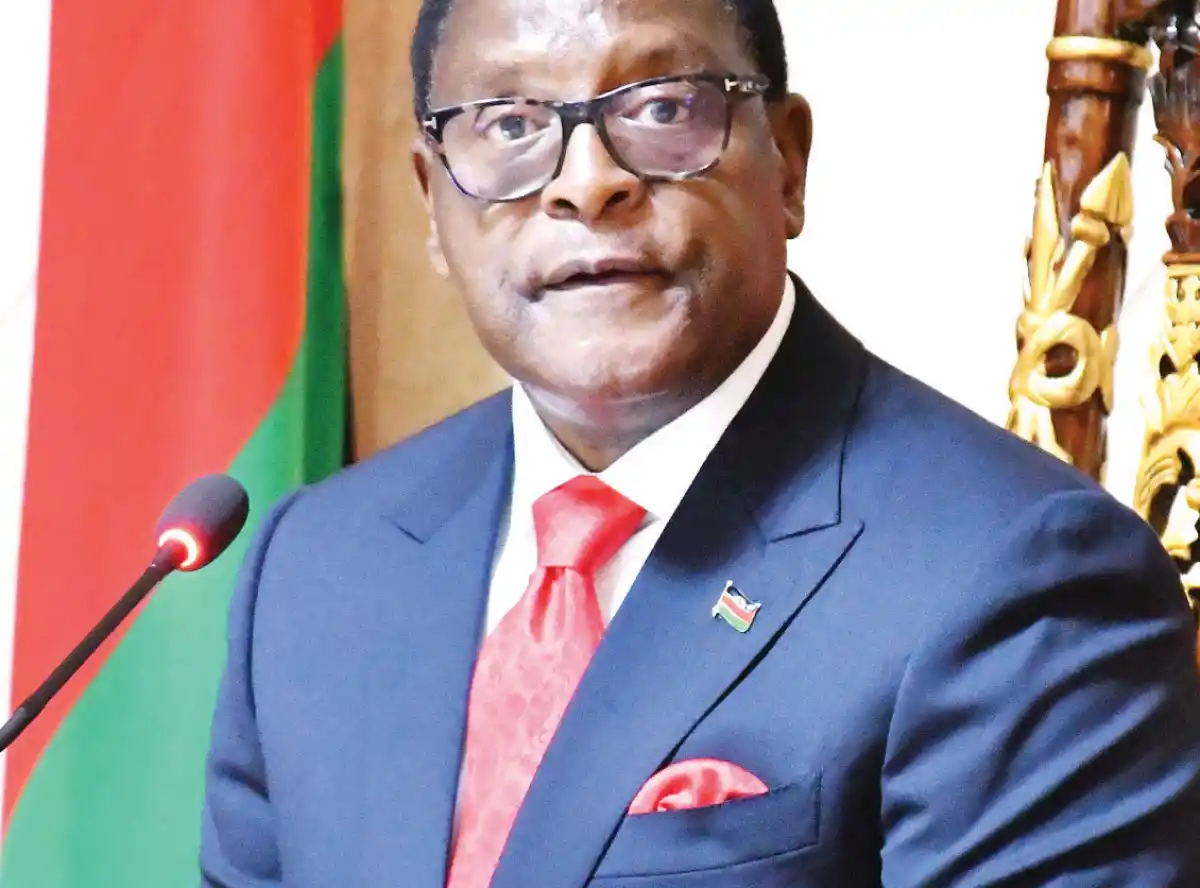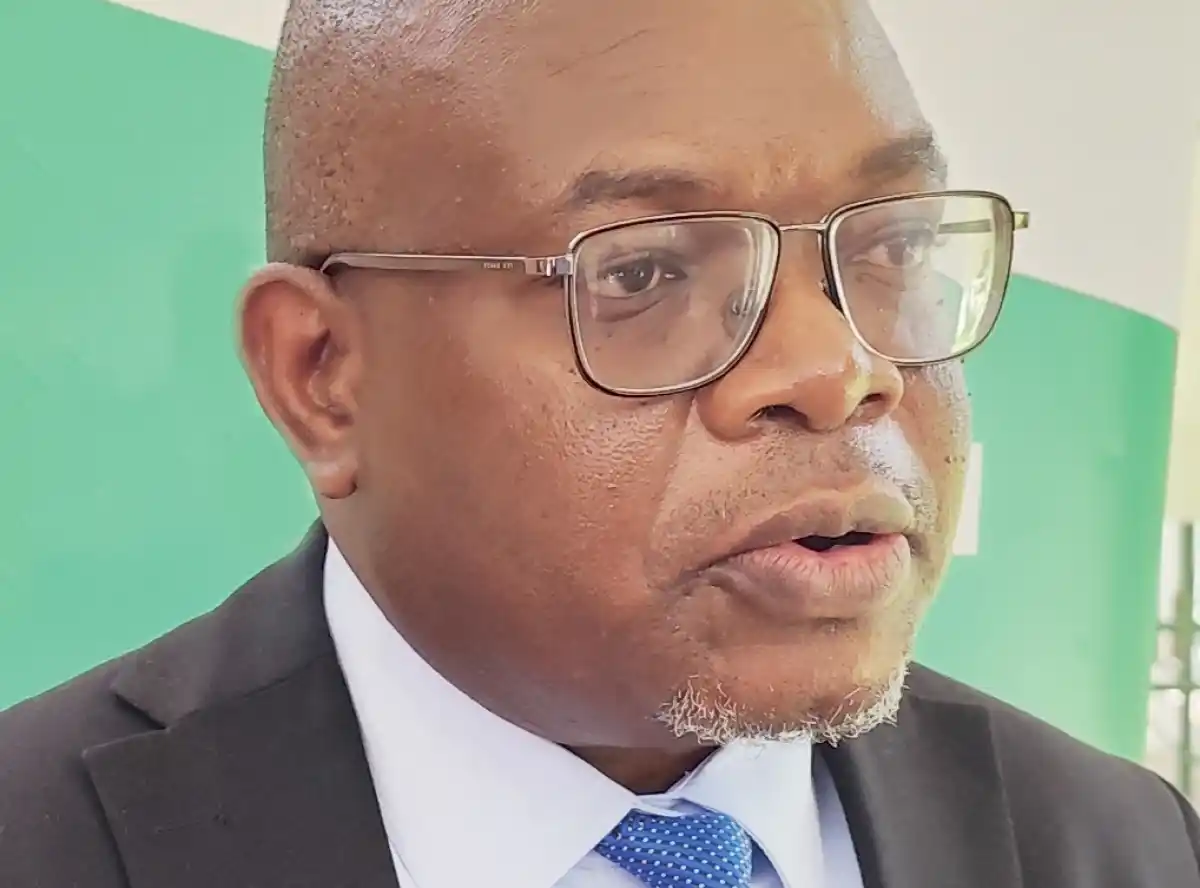As Malawi gears up for its pivotal general elections in September 2025, the decision by the Malawi Electoral Commission (MEC) to partner with Smartmatic, a controversial election machine supplier, is raising significant concerns among electoral stakeholders and civil society.

This choice has sparked a heated debate about the integrity of the electoral process, revealing deeper issues within Malawi’s governance and procurement systems.
During a recent National Elections Consultative Forum (Necof) in Lilongwe, HRDC chairperson Gift Trapence did not mince words when questioning MEC’s diligence in vetting Smartmatic.
His inquiries come in the wake of alarming reports regarding the company’s past engagements in countries like the Philippines, Kenya, Zambia, and Uganda, where allegations of electoral malpractice have plagued its operations. The lingering questions about Smartmatic’s reliability signal a troubling trend: Can Malawi afford to take chances with its electoral integrity?
Chipiliro Mpinganjira, the DPP’s director of legal affairs, amplified these concerns, urging MEC to reconsider its decision. His assertion that the contract could be terminated underscores a growing anxiety among political leaders that the foundation of the upcoming elections could be compromised by a supplier with a questionable track record.
The skepticism doesn’t stop there. Parliamentary Budget and Finance Committee chairperson Gladys Ganda raised critical questions regarding MEC’s procurement process. With Malawi’s history of procurement scandals, her call for transparency is particularly poignant. “Did we do good diligence? Did we follow all procurement processes?” she asked, emphasizing the systemic challenges that have plagued Malawian governance for years. Her words reflect a broader unease among the electorate—if the procurement process is flawed, how can citizens trust the integrity of the electoral process itself?
In a bid to quell the rising tide of criticism, MEC chairperson Annabel Mtalimanja defended the commission’s choice. She insisted that a thorough procurement process had been followed and that Smartmatic emerged as the top contender through international bidding.
However, her assertion raises another set of questions: Is it enough to follow procedures when the outcomes are inherently questionable? Can bureaucratic compliance mask the potential dangers posed by partnering with a supplier facing multiple allegations of electoral impropriety?
Mtalimanja’s insistence that MEC cannot cancel a contract without valid reasons seems to reflect an unwillingness to adapt in the face of mounting evidence and public outcry. The idea that contractual obligations should outweigh electoral integrity is a dangerous precedent that could erode public trust in the entire electoral framework.
Malawi stands at a crossroads. The choice to engage Smartmatic isn’t merely a logistical decision; it is emblematic of deeper systemic issues within the electoral framework. As stakeholders push for accountability and transparency, the urgency of their demands cannot be overstated.
In a democracy, the legitimacy of elections is foundational. If the electoral process is perceived as flawed or compromised, the consequences extend far beyond the ballot box, threatening the very essence of democratic governance.







0 Comments